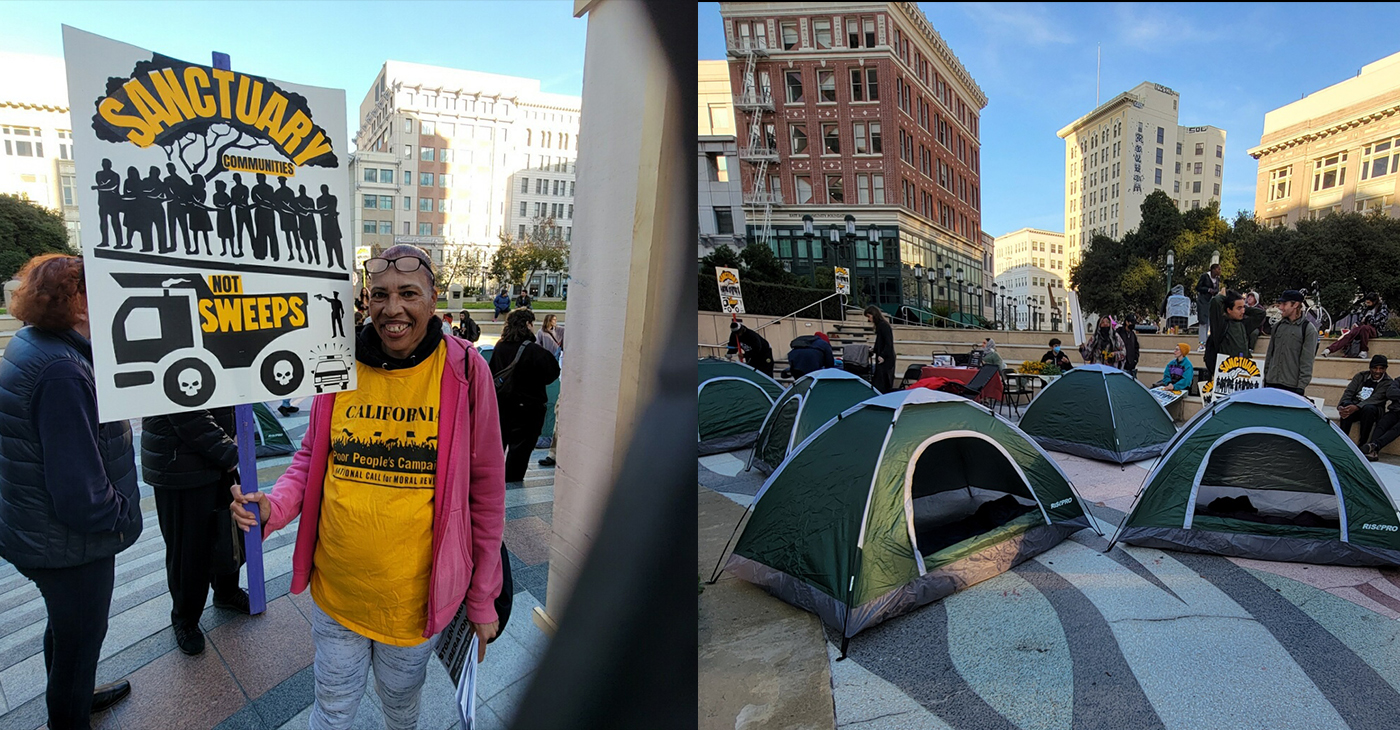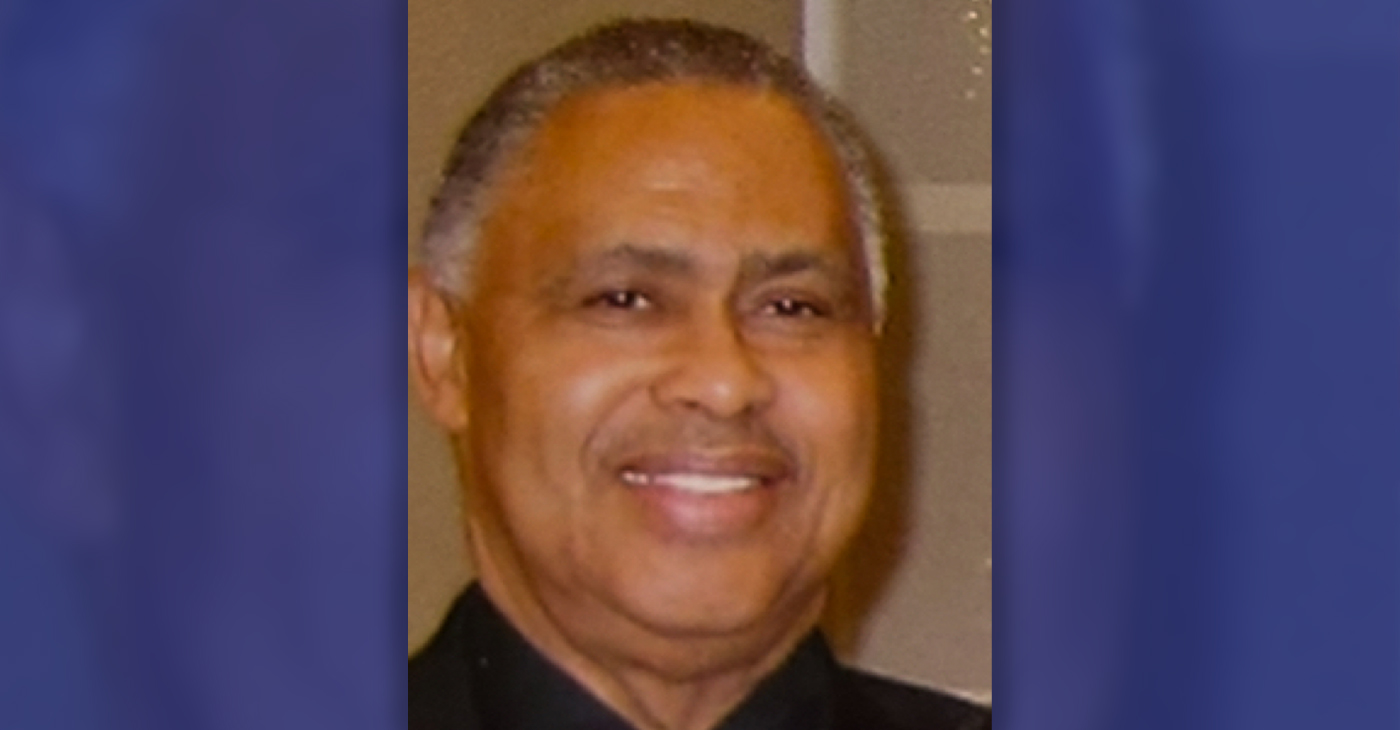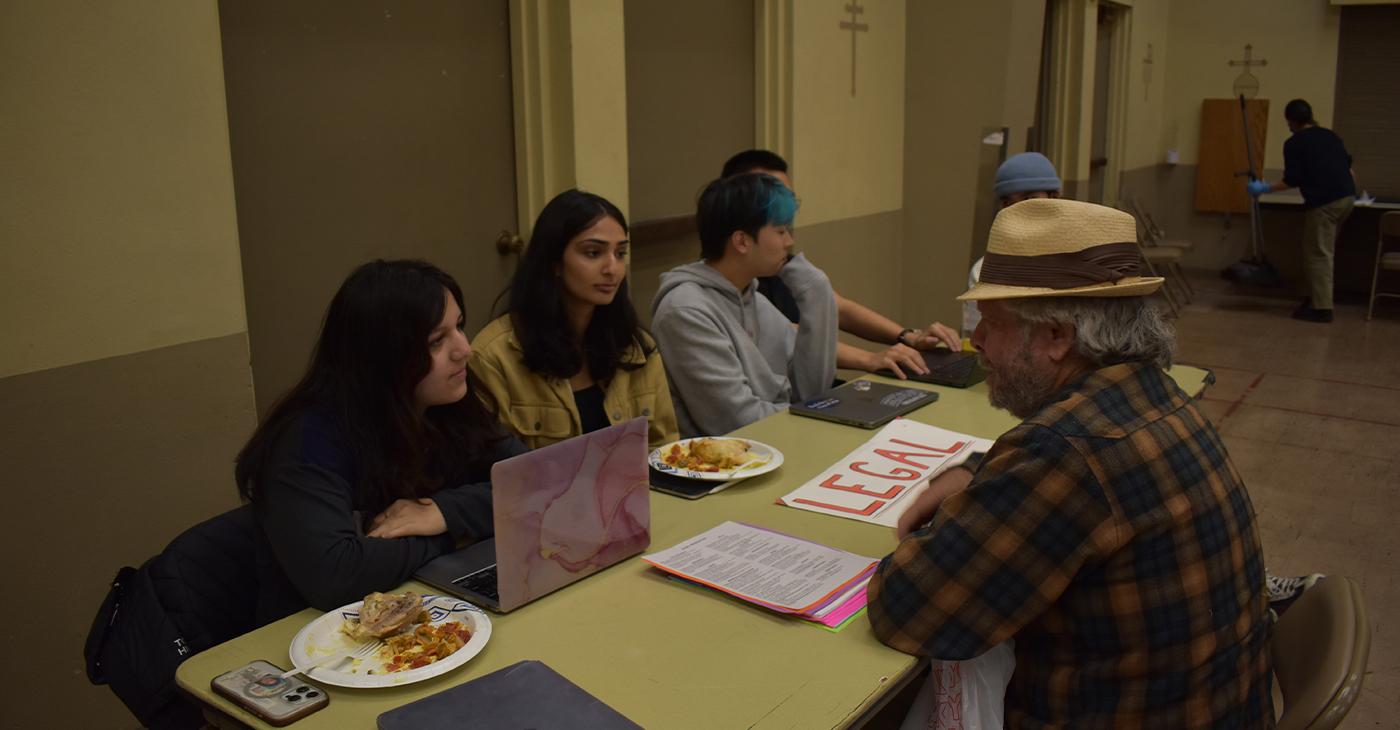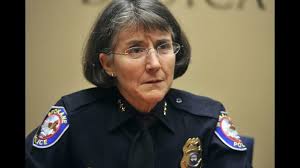Berkeley
“Underground Scholars” Reverse School-to-Prison Pipeline
By Cathy Cockrell, UC Berkeley News
After transferring to Berkeley in his early 30s, Danny Murillo did a research project on suspension practices in the public schools, looking at discipline meted out, in particular, to young Black men.
As an ethnic-studies major, Murillo had a strong academic interest in what has been called the “school-to-prison pipeline.”
As a former prison inmate, he also had a deeply personal stake in the topic – one it wasn’t in his nature to hide.
On campus, Murillo soon met Steven Czifra, an English major who had also spent his young adulthood behind bars, survived the harsh deprivations of solitary confinement, and sought to square his past with student life.
Together they were instrumental in founding the Underground Scholars Initiative, an organization for students and prospective students who have been personally impacted by the U.S. criminal justice system.
Two years on, the fledgling group has a small core membership, ASUC funding and an office in Stiles Hall, on Bancroft Way, where it hosted a soft launch in December.
There, in a high-spirited conversation with some 50 students, campus staff and supporters, “underground scholars” talked about how the group has helped them transition to university culture and navigate unique challenges — from laws that shut former felons out of public services and jobs (“those hundred little deaths,” as one student put it) to the risk of stigmatization should they share their story with classmates or teachers.
Violeta Alvarez told her Stiles Hall audience that her history was “bottled inside” when she first came to Berkeley. “Little by little, I started disclosing: ‘I’m formerly incarcerated,’” she said. And though some did judge her, on balance it’s been good, she added.
Former ASUC senator Wendy Pacheco has not served time herself, but said her father’s imprisonment “brings a lot of hurt.” Being able to ask Murillo what he liked to get in the mail while in prison — “that was really helpful, to know how I could be a supportive daughter…USI means a lot to me.”
In interviews and speaking engagements, formerly incarcerated students speak of struggles to “keep it real” in all aspects of their lives, to fend off “imposter syndrome” and stigma on campus and cope with the trauma of incarceration.
“I need to represent” when other students express attitudes about criminality that contradict his own experience, says Martin Vela-Sanchez, a fourth-year comparative literature and Spanish literature major.
Steve Czifra spoke on his personal story and the effects of solitary confinement.
“‘You’re all tatted up. How are you at Cal?’” Claudia Gonzalez recalls folks saying back home of her unlikely “180” from gang member to social-welfare major and aspiring lawyer. Some people “think you’re a traitor,” though for others she’s become a role model, she adds. “They’re proud that one of us made it out.”
“For some of us,” notes Murillo, “our communities in prison and on the streets have been our biggest supporters.”
The emergence of Underground Scholars parallels growing attention to incarceration in the curriculum. Recent additions include an American Cultures “Big Ideas” course on prisons (taught by Berkeley faculty from ethnic studies, law and architecture).
A Townsend Center working group, “Critical Prison Studies in an Age of Mass Incarceration,” helped lay the groundwork for “Carceral Geographies,” a new course thread that helps undergrads organize interdisciplinary studies around issues of crime and punishment. In the student-led DeCal course “Teach in Prison,” first introduced in 2000, students explore prison issues in class and can volunteer as tutors at San Quentin.
Activism
Protesters Gather in Oakland, Other City Halls, to Halt Encampment Sweeps
The coordinated protests on Tuesday in San Francisco, Oakland, Vallejo, Fresno, Los Angeles and Seattle, were hosted by Poor Magazine and Wood Street Commons, calling on cities to halt the sweeps and focus instead on building more housing.

By Post Staff
Houseless rights advocates gathered in Oakland, San Francisco, Los Angeles, and other city halls across California and Washington state this week protesting increased sweeps that followed a U.S. Supreme Court decision over the summer.
The coordinated protests on Tuesday in San Francisco, Oakland, Vallejo, Fresno, Los Angeles and Seattle, were hosted by Poor Magazine and Wood Street Commons, calling on cities to halt the sweeps and focus instead on building more housing.
“What we’re dealing with right now is a way to criminalize people who are dealing with poverty, who are not able to afford rent,” said rights advocate Junebug Kealoh, outside San Francisco City Hall.
“When someone is constantly swept, they are just shuffled and things get taken — it’s hard to stay on top of anything,” said Kealoh.
Local houseless advocates include Victoria King, who is a member of the coordinating committee of the California Poor People’s Campaign. She and Dr. Monica Cross co-chair the Laney Poor People’s Campaign.
The demonstrations came after a June Supreme Court ruling expanded local governments’ authority to fine and jail people for sleeping outside, even if no shelter is available. Gov. Gavin Newsom in California followed up with an order directing state agencies to crack down on encampments and urging local governments to do the same.
Fresno, Berkeley and a host of other cities implemented new rules, making it easier for local governments to clear sidewalk camps. In other cities, such as San Francisco, officials more aggressively enforced anti-camping laws already on the books.
Bay Area
IN MEMORIAM: Harvey Knight, 82
You are invited to attend the funeral services on Friday, Dec. 27, at Evergreen Baptist Church, Bishop L. Lawrence Brandon, senior pastor, 408 W. MacArthur Blvd., Oakland, CA at 11 a.m. Rev. Dr. Jacqueline A. Thompson, pastor of Allen Temple Baptist Church will bring the eulogy.

Special to the Post
Harvey Knight, Jr., “Pops” to so many young men from Oakland, passed away at 82 on Dec. 5. Harvey was married to Brenda Knight, founder of Ladies In Red, for 51 years.
He was born on April 6, 1942, in Laurel, Mississippi.
After completing high school, Harvey moved to Oakland, California, to live with his father’s sister. He knew this would become his home. He loved the Bay Area for the sports it offered him as a basketball, baseball, and football fan.
He worked for UC Berkeley for over 43 years and part-time for the Oakland Coliseum for approximately 15 years as a security guard, where he could be close to his favorite pastime.
After establishing himself with jobs and his place to live, he knew something was missing. He found the love of his life, married her, and knew his life was complete.
Three sons were born to their union: Leonard, Harvey III, and Michael. He and his sons enjoyed the life of sports by going to the games and later supporting them in baseball at school and through Babe Ruth Baseball. His love of sports was passed on to his sons. All three played baseball while attending college.
Harvey was a soft-spoken man who provided life gems to many young boys playing baseball with his sons. Many of them would end up at the Knight family table for dinner or to listen to the man they all called ‘Pops.’
Harvey loved to travel and take in the history he experienced on his many trips with his wife, Brenda, and the organization she founded, Ladies In Red. Although Harvey did not like the color red, he enjoyed the travel provided throughout the United States. He often researched to provide his wife with information to assist her in planning the trips.
His favorite trip was to Selma, Alabama, where he learned so much about Selma’s involvement in the Civil Rights Movement.
In lieu of flowers, please consider a donation in the name of Harvey Knight, to Foot Soldiers Park in Selma, Alabama. Go online to: footsoldierspark.org or mail to: Foot Soldiers Park INC, 1018 Water Avenue, Selma. AL 36701.
He leaves to mourn his passing, his wife Brenda; sons; Leonard, Harvey III and Michael; eight grandchildren, two great-grandchildren and a host of relatives and friends.
You are invited to attend the funeral services on Friday, Dec. 27, at Evergreen Baptist Church, Bishop L. Lawrence Brandon, senior pastor, 408 W. MacArthur Blvd., Oakland, CA at 11 a.m. Rev. Dr. Jacqueline A. Thompson, pastor of Allen Temple Baptist Church will bring the eulogy.
Activism
A Student-Run Group Is Providing Critical Support Services to Underserved Residents
During his three years volunteering at the program, Resource Director Zain Shabbir, says he noticed that many of the people who come in do not know how to navigate social services support systems, particularly online. This knowledge deficit, Shabbir says, is due to age or limited exposure to technology.

Part 2
By Magaly Muñoz
Resource Director Zain Shabbir is a jack-of-all-trades at the Suitcase Clinic, a student-run resource center that provides health and other services to underserved residents of Berkeley and surrounding areas.
Shabbir was once a clinic director. Now, he manages the General Clinic, floating around when case managers need assistance. And he has big plans for a new initiative.
During his three years volunteering at the program, Shabbir says he noticed that many of the people who come in do not know how to navigate social services support systems, particularly online. This knowledge deficit, Shabbir says, is due to age or limited exposure to technology.
So, he teaches clients the basics of using email, writing in word documents, and backing up files to their phones.
Shabbir shared a story about an interaction he had with a woman who came in seeking help to create a template to message property owners and realtors as she was seeking housing. Until that point, the woman was composing separate messages to each listing she was interested in, and that process was taking up too much of her time. With Shabbir’s help, she created a standard template she could modify and use for each housing inquiry or application.
He’s also hoping to use the technology to help people create resumes to find jobs.
“[The intent] is to help people find work in the city or wherever they live — or help them find housing. As most are probably aware, the two really go together because for housing, you need income verification, and for a job you need housing,” Shabbir said.
Having a warm place to go and a hot meal may seem basic buy it is critical for people who are struggling, clinic leaders say.
Mark, a frequent attendee of the Tuesday clinic, told the Oakland Post that he’s been receiving services from the program for nearly 25 years.
Mark said he was able to receive a referral to dental care through the Clinic, which he’s been using for about 20 years now. He also utilized the chiropractor, a service that is no longer offered, for pain and aches he acquired over the years.
Many program participants say they visit the clinic now for services provided by Berkeley medical students, who rely on osteopathic care rather than traditional methods. Osteopathic medicine is a medical philosophy and practice that focuses on the whole person, rather than just symptoms.
Executive director Nilo Golchini said that many clinic patients tend to appreciate and trust this type of medicine over mainstream practices because of sub-standard care they have received in the past because they are homeless or poor.
Acupuncture is also an extremely popular station at the Clinic as well, with participants saying it “soothes and calms” them.
Attendees of the clinic are generally in happy spirits throughout the hours they’re able to interact with fellow residents. Some even participate in arts and crafts, moving from table to show their friends their new creations.
“It’s a program that’s going strong,” said Golchini. “There’s a space for everyone” who wants to volunteer or receive services, and they’ll keep going as long as the community needs it.
The Suitcase General Clinic is open every Tuesday from 6:30 to 9:30pm. Women’s and Youth Clinics are held every Monday from 6 to 9pm.
-

 California Black Media4 weeks ago
California Black Media4 weeks agoCalifornia to Offer $43.7 Million in Federal Grants to Combat Hate Crimes
-

 Black History4 weeks ago
Black History4 weeks agoEmeline King: A Trailblazer in the Automotive Industry
-

 California Black Media4 weeks ago
California Black Media4 weeks agoGov. Newsom Goes to Washington to Advocate for California Priorities
-

 Activism4 weeks ago
Activism4 weeks agoOakland Post: Week of November 27 – December 3, 2024
-

 California Black Media4 weeks ago
California Black Media4 weeks agoCalifornia Department of Aging Offers Free Resources for Family Caregivers in November
-

 Activism2 weeks ago
Activism2 weeks agoButler, Lee Celebrate Passage of Bill to Honor Congresswoman Shirley Chisholm with Congressional Gold Medal
-

 Activism2 weeks ago
Activism2 weeks agoPost News Group to Host Second Town Hall on Racism, Hate Crimes
-

 Activism2 weeks ago
Activism2 weeks agoDelta Sigma Theta Alumnae Chapters Host World AIDS Day Event






















































